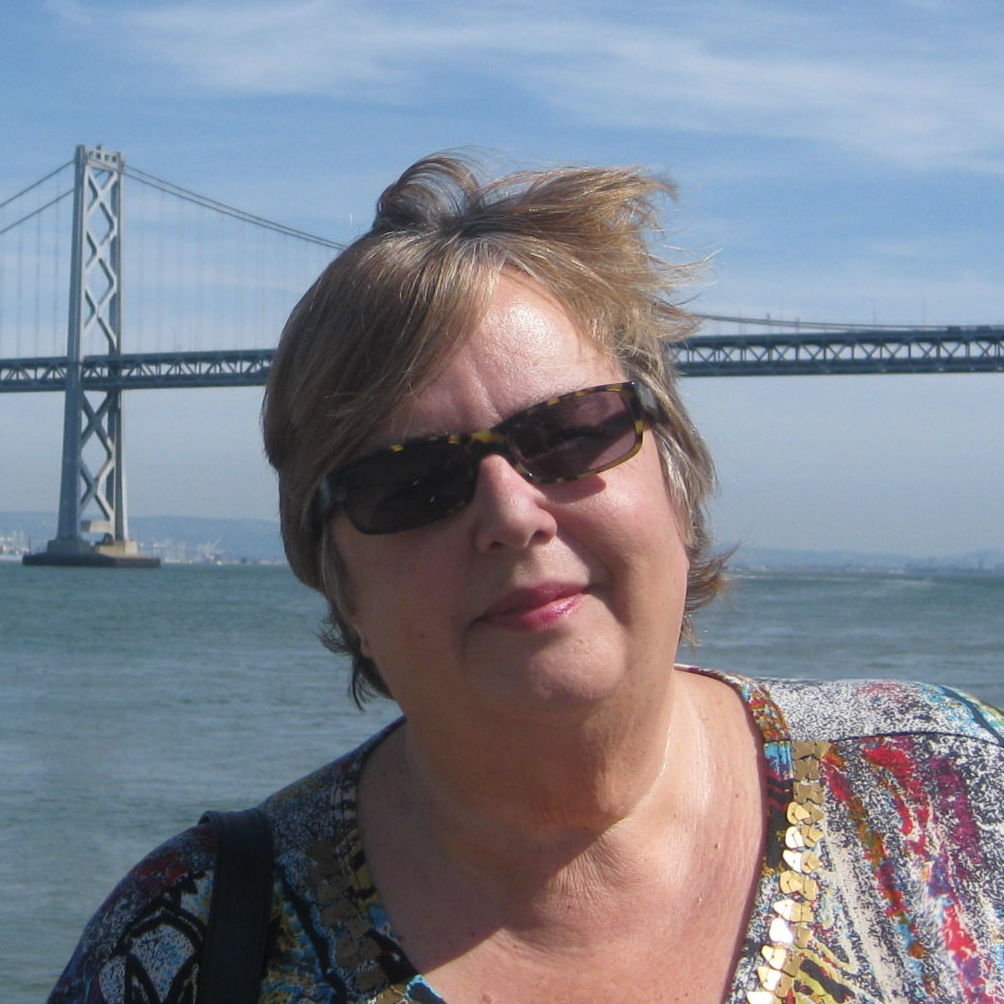What with headlines about $16 muffins at a Justice Department meeting and excesses surrounding IRS and GSA conferences—not to mention sequestration, a government shut-down and mandated cutbacks on federal travel—the past few years have been trying ones for government planners.
Finally, the industry is fighting back with increased advocacy about the value of government meetings as well as stepped-up education for planners. Today’s government meeting planners are sharpening their game to deliver maximum value despite the constraints and adversity affecting their sector.
“The challenge for our members, both on the planner and supplier side, is the negative perception that has covered our industry during the past couple of years,” says Rob Bergeron, CGMP, executive director and CEO of the Society of Government Meeting Professionals (SGMP). “With the cutbacks in federal travel, at least 26,000 training opportunities have been lost and $3.75 million in meetings have been canceled.”
As a result, Bergeron says SGMP has leapt into damage control, with members voting to broaden its mission from a purely educational focus. It has joined forces with other meetings and travel industry organizations in the effort to enlighten policy makers and the general public about the positive impact of meetings.
“We participated in the Senate hearing and signed the industry letter that was sent to the Senate—things we haven’t done before,” he says.
Getting Educated
However, education remains the cornerstone of SGMP, which offers a certification program and is presenting a wide variety of educational sessions at its national conference May 6-8 in Portland, Ore. It includes new workshops on sustainability, virtual meetings, risk management and a “Supplier Boot Camp” on best practices for serving the government market.
“Our supplier members are saying that education is more important to them than it was in the past,” Bergeron says. “There is such intense scrutiny now on suppliers as well as on planners, so they want to know they are providing appropriate service.”
Phillip Saims, director of sales and marketing for the National Conference Center in Leesburg, Va., also notes the growing importance for supplier education.
“The government requirements that we have to adhere to can be daunting,” he says. “So we have some salespeople dedicated to only handling government accounts.”
For planners, getting solid training in the changeable and unique regulations surrounding government meetings is essential, says Carolyn Wence, CGMP, an independent planner with Plans & Action in Aloha, Ore., and president of the Oregon SGMP chapter.
“Education in the government sector is crucial even for planners who only occasionally do government meetings,” she says. “Anyone with a government contract should go for the certification provided by SGMP.”
PageBreak
Virtual Necessity
For many government planners, education on hybrid and virtual meetings is especially important these days, according to Lauren Deaton, strategic account director for Washington, D.C.-based Courtesy Associates, a SmithBucklin subsidiary that plans meetings for federal agencies.
“With fewer people able to attend government meetings these days, we have to look at ways to extend the meeting content so that it will reach a wider audience,” she says. “You might need to do videoconferencing to a subset office or create a webinar. The government agency may want to edit the content for a training module that can be used for others who need training.”
At the National Conference Center, about 30 percent of government meetings now include a hybrid component, according to Saims.
“We’re seeing government meetings getting fewer in number as well as in size—it’s a very challenging environment right now,” he says. “So we’re seeing more agencies asking for hybrid services.”
Site Selection
With greater restrictions placed on government travel, along with the need to stay within per diems, site selection can be especially challenging for planners in the sector. Deaton looks first to government-run meetings facilities and also at locations that are as close as possible to where attendees are based.
When choosing a city, Deaton also considers whether it’s a destination that has industries directly related to the focus and objectives of the meeting.
“For instance, if the meeting has to do with alternative engine fuels, it might make sense to meet in Detroit,” she says. “Depending on the industry involved, you want to make sure there is a tie-in. This helps with both the perception issue and approval process.”
When choosing a hotel or convention center, Deaton seeks out those that specialize in government meetings, which are usually not difficult to find in cities where federal or state agencies are concentrated.
“It’s really important to work with people who understand the approval processes, about how important per diem pricing is and what concessions are allowed and not allowed,” she says.
Cultivating relationships with hotel salespeople is especially important for government meetings, according to Wence.
“When you have a strong relationship, people will work even harder for you to meet your budget,” she says.
Food and Beverage
When it comes to food and beverage, Deaton notes that the requirements can vary widely between government agencies. While some allow for meetings to include food and beverage functions in the registration fee, others do not.
“So that’s why you have to look carefully at the rules and regulations of each agency—and also realize that it could change at any time,” Deaton says.
“When food and beverage can be included, I ask for a per diem menu,” she adds. “When it is not, I ask if the hotel can have economical meals or snacks available for purchase, perhaps a grab-and-go station during the breaks.”
Maria Lenhart is an experienced meetings travel writer who has covered every industry topic imaginable.







